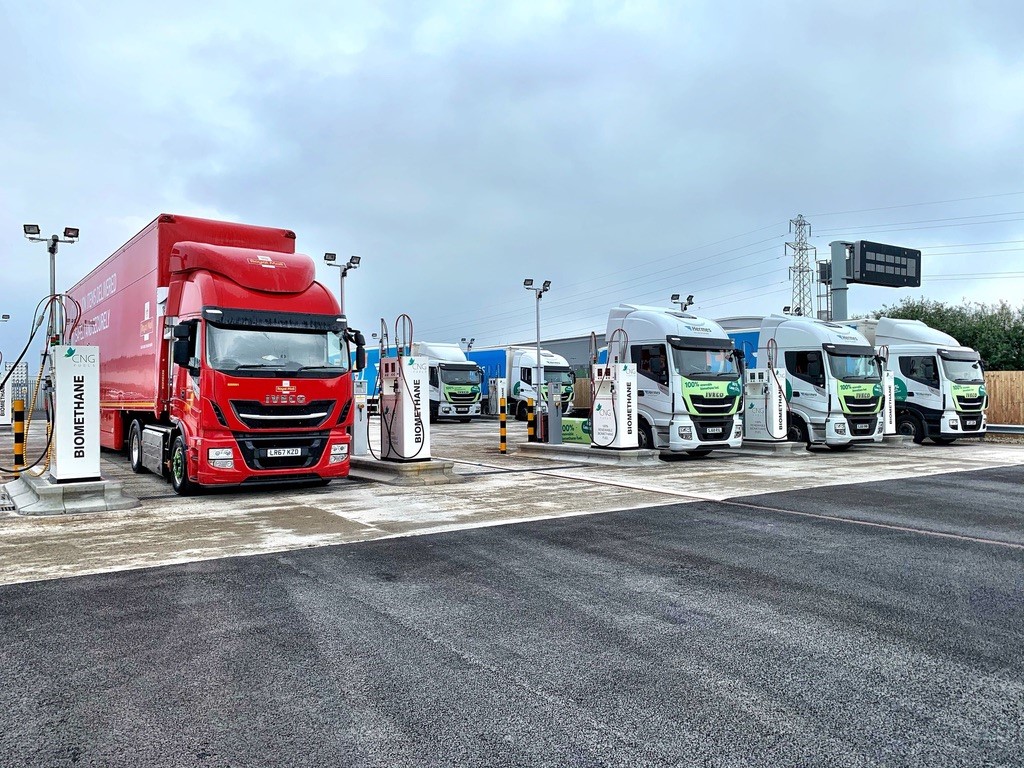Blog
BLOG: Decarbonisation will be centre stage as we move past Covid into 2021

It’s been quite a year. The pandemic has shaped our lives in ways which would have previously seemed unimaginable. But one positive is that it’s brought the environment into sharp focus.
As we reach the end of the year, the roll out of the vaccine against coronavirus is already underway in the UK, hopefully bringing us closer to normality. It is heartening to see what can be achieved when we work together to face a common foe, and even more encouraging to see how such a co-operative effort could be applied to another existential threat faced by our planet: climate change.
Humanity’s impact brought into sharp focus
As numerous countries went into lockdown earlier in the year, the positive effects on the environment were difficult to ignore. Aerial photographs taken of the skies above and seas below industrialised nations showed a dramatic reduction in pollutants.
China alone saw an estimated 25% reduction in carbon emissions over a four-week period according to researchers at the Centre For Research On Energy And Clean Air. Social media was full of imagery from people who were truly noticing the environment around them for the first time.
Humanity’s effect on nature was finally being understood by millions because they were seeing the evidence in their daily lives. However, this brief respite was short-lived as countries attempted to restart their economies and get back to business as usual.
Green energy displays resilience
While there has arguably been no corner of the global economy that has escaped the impact of the pandemic to some degree during 2020, some of the firms worst hit are the companies most closely linked with carbon emission production – for example, energy firms using fossil fuels and airlines.
Volatility has been the defining characteristic for these corporations and Royal Dutch Shell, long considered one of the UK’s top dividend payers, was forced to cut its interim dividend – an action which has not been taken by the company since the second world war.
In contrast, environmental infrastructure businesses, such as renewable energy providers, have experienced disruption to a much lesser degree; JLEN’s own dividend remained steady this year.
With global renewable electricity installation set to hit a record level in 2020 according to the International Energy Agency, it is clear the future does not lie with fossil fuel-based energy sources.
Looking to a renewable future
There is an opportunity to invest in the sector as it continues to expand, and environmental infrastructure assets will play an important part of the economic recovery from 2021.
Market sentiment and conditions are favourable in the context of global and UK government policies which provide financial incentives for decarbonisation initiatives. This is underpinned by strong activism at a grassroots level and an increasing awareness of and demand for renewable energy among small businesses and consumers – there is political, social and brand capital to be earned by making more sustainable purchasing choices which has not gone unnoticed by senior decision makers.
In recent months, the UK government has made numerous announcements of its intention to place a low-carbon economy at the heart of any recovery. The next Contracts for Difference auction will open in late 2021 which is expected to have double the previous capacity for renewable energy sources and a ten-point plan for a ‘green industrial revolution’ was announced in November with further details on how they intend to achieve this.
Building back better
Though renewable energy generation remains JLEN’s principal interest and focus, we also see exciting opportunities in sectors such as transport and low-carbon heat.
At the start of December, we acquired a stake in a portfolio of five Compressed Natural Gas (CNG) refuelling stations for heavy goods vehicles (HGVs) in the UK, with plans to invest further funds building more of these refuelling stations to form a national network.
The transport sector is the largest source (34%) of carbon dioxide emissions in the UK with HGVs alone producing 17% of those emissions and 4.5% of total UK greenhouse gases overall. Building facilities that allow HGVs powered by biomethane (generated by anaerobic digestion plants) to refuel offers fleet operators the chance to lower their emissions substantially as well as reducing costs overall since these vehicles are cheaper to run over a typical five-seven year duty cycle compared with comparable diesel vehicles.
When reports talk about the agenda to ‘Build Back Better,’ this is the kind of infrastructure that we feel will play an important part in the transition to a lower carbon economy.
At JLEN we take the view that a diversified approach to renewable and sustainable infrastructure is a way to create skilled jobs in the economy, provide a resilient energy supply to the population and simultaneously offer stable revenues and inflation-linked cash flows to investors.
2021 and beyond is an opportunity to fundamentally shift the way we do things for the better. If we can harness the extraordinary spirit of teamwork we have seen emerge during 2020, there is no reason to think we cannot build the resilient and sustainable economy needed to meet the UK government target of net zero greenhouse gas emissions by 2050.
Chris Holmes, co-lead investment advisor to the JLEN Environmental Assets fund (JLEN)